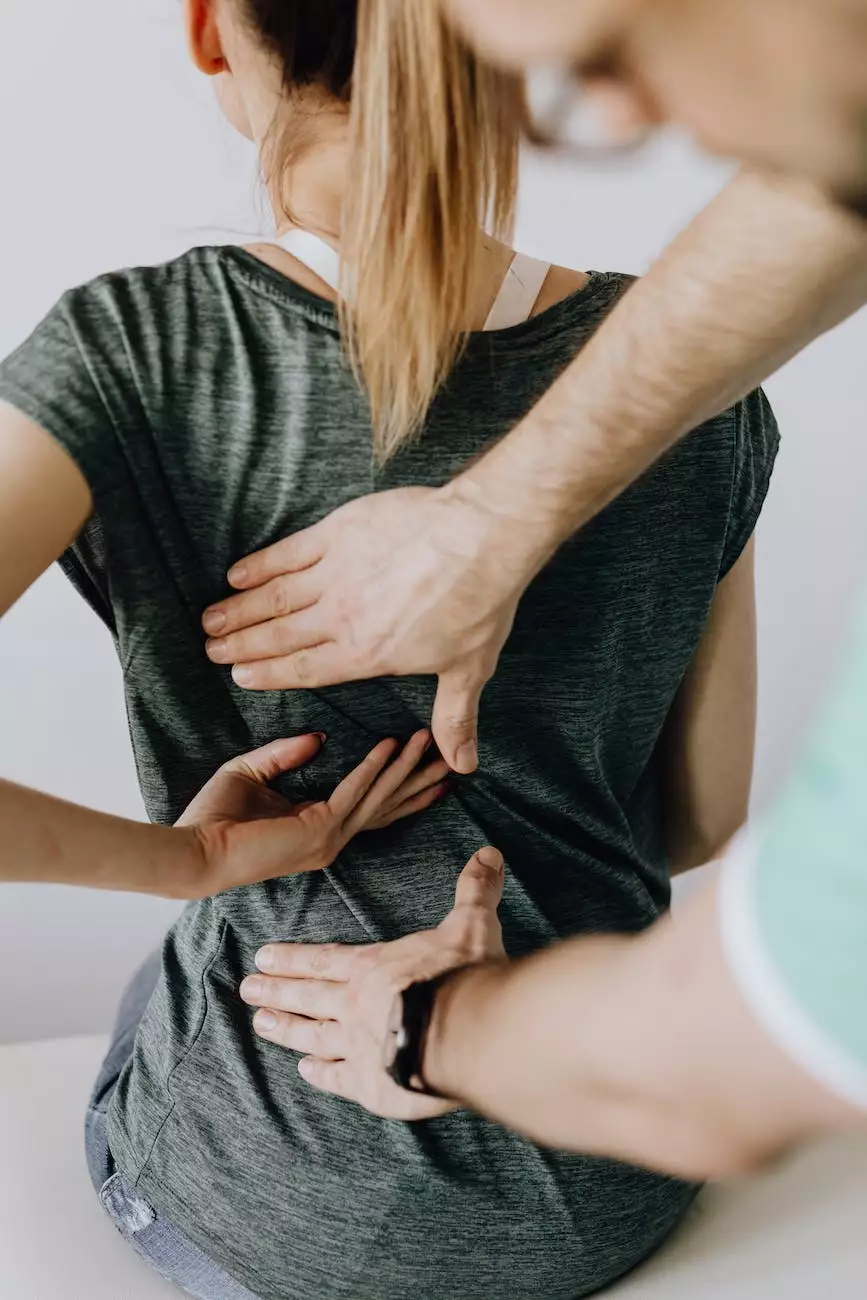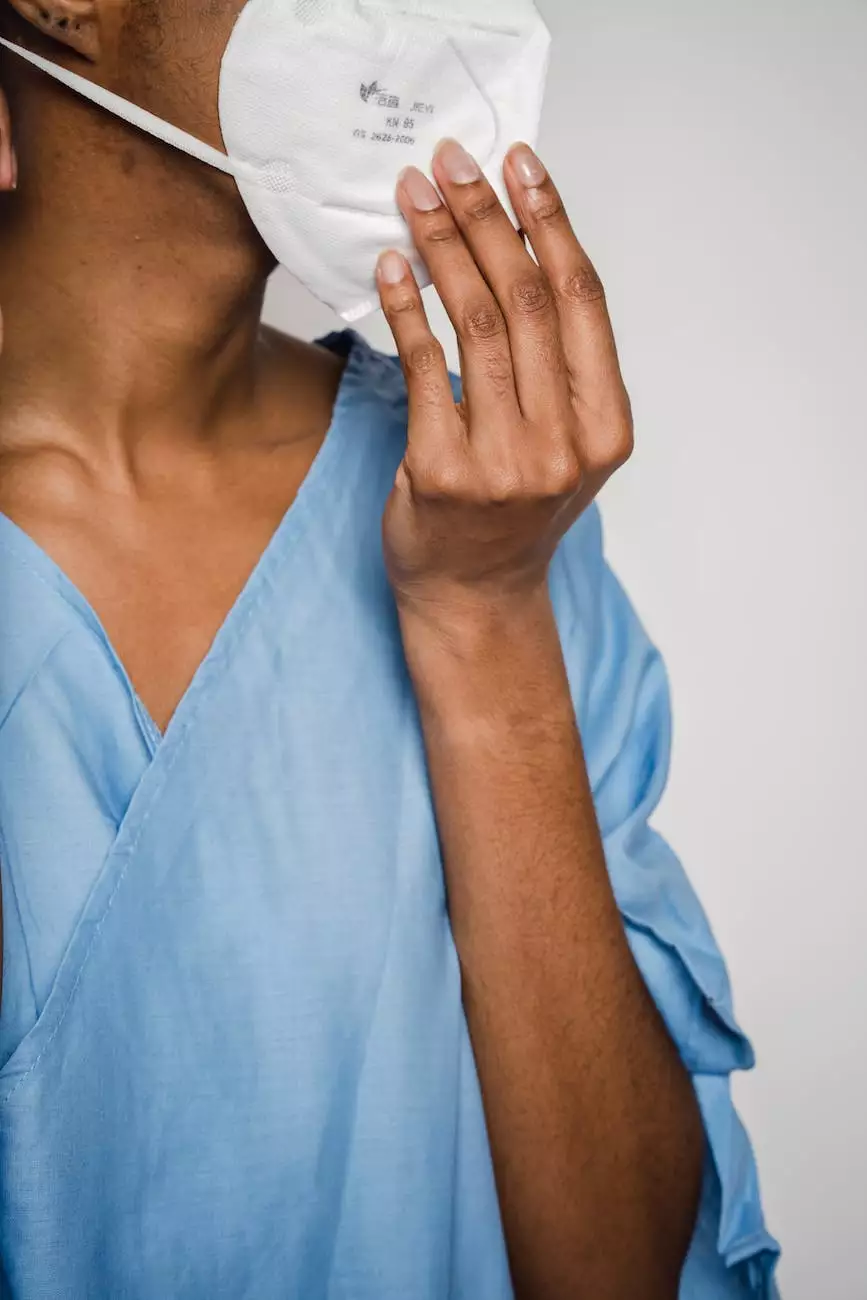COVID-19 Frequently Asked Questions

Introduction
Welcome to Rideout Vascular's COVID-19 Frequently Asked Questions page. Here, you can find comprehensive answers to the most common questions about COVID-19 and its impact on vascular health. Our expert team of professionals has compiled this information to help you stay informed and make informed decisions about your health during these challenging times.
1. What is COVID-19 and how does it affect vascular health?
COVID-19, also known as the novel coronavirus, is a highly contagious respiratory illness caused by the SARS-CoV-2 virus. While primarily a respiratory disease, emerging evidence suggests that COVID-19 can have direct and indirect effects on the vascular system.
Research has shown that COVID-19 can lead to endothelial dysfunction, blood clotting disorders, and inflammation in blood vessels. These vascular complications can manifest in various forms, such as deep vein thrombosis, pulmonary embolism, and stroke. It is important to understand these risks and take necessary precautions to protect your vascular health.
2. What are the common symptoms of COVID-19?
The symptoms of COVID-19 can vary from mild to severe, and some individuals may remain asymptomatic. Common symptoms include:
- Fever
- Cough
- Shortness of breath
- Fatigue
- Body aches
- Loss of taste or smell
If you experience any of these symptoms or suspect you have been exposed to the virus, it is crucial to seek medical advice and follow local guidelines for COVID-19 testing and self-isolation.
3. How can COVID-19 impact vascular health?
COVID-19 can impact vascular health through various mechanisms, including:
- Endothelial dysfunction: The virus can directly infect the endothelial cells lining the blood vessels, leading to impaired vascular function.
- Hypercoagulability: COVID-19 can cause blood clotting disorders, increasing the risk of thrombosis and related conditions.
- Inflammation: The body's immune response to the virus can trigger systemic inflammation, potentially affecting blood vessels and vital organs.
It is essential to be aware of these potential vascular complications and take proactive measures to mitigate the risks.
4. How can I protect my vascular health during the COVID-19 pandemic?
To protect your vascular health during the COVID-19 pandemic, consider the following measures:
- Follow preventive guidelines: Adhere to recommendations such as wearing masks, practicing physical distancing, regular hand hygiene, and avoiding crowded places.
- Maintain a healthy lifestyle: Eat a balanced diet, engage in regular physical activity, and manage underlying health conditions like diabetes and hypertension.
- Stay informed: Keep up-to-date with reliable sources of information, such as local health authorities and reputable medical organizations.
- Seek medical help: If you experience any concerning symptoms or have pre-existing vascular conditions, consult your healthcare provider for guidance.
By following these guidelines, you can reduce the risk of COVID-19 transmission and protect your vascular health.
5. Can COVID-19 vaccines impact vascular health?
COVID-19 vaccines have been extensively tested and approved for emergency use to prevent severe illness and reduce the spread of the virus. As of now, there is no scientific evidence suggesting that COVID-19 vaccines have negative effects on vascular health. Vaccination is an important tool in controlling the pandemic and safeguarding public health.
Conclusion
In conclusion, understanding the impact of COVID-19 on vascular health is vital for making informed decisions and protecting yourself during the ongoing pandemic. By staying well-informed, following health guidelines, and seeking appropriate medical advice, you can safeguard your vascular health and contribute to the collective effort to overcome this global health crisis.
For more information and personalized guidance, don't hesitate to reach out to Rideout Vascular's expert team. We are here to support you in maintaining your vascular health and navigating through these challenging times.










